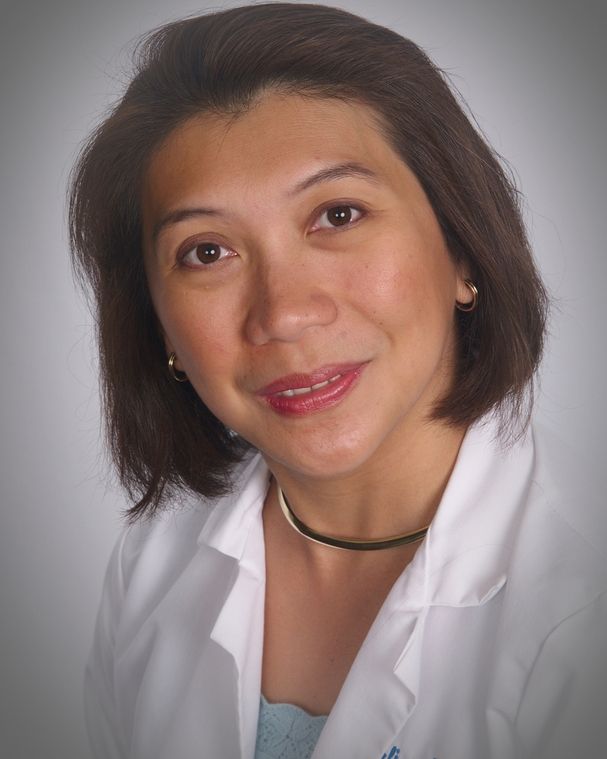Article
Melissa Young, MD: Should Primary Care be More Involved in Diabetes Management?
An endocrinologist from New Jersey reflects on whether or not the management of type 2 diabetes should fall under the umbrella of primary care specialists rather than endocrinologists as diabetes become more prevalent.
Melisssa Young, MD

We all want our patients to receive the best care possible.
Patients with diabetes, due to potential complications and the number of organs that can be affected, really need a team of doctors and other health care providers helping them manage their disease. But should every patient with diabetes have an endocrinologist?
I suppose in an ideal world where there is no shortage of endocrinologists and where there are fewer people with diabetes, it would be beneficial for everyone to have a fellowship-trained specialist as part of that health care team. In reality, we live in a country with approximately 34 million diabetes and about 6500 endocrinologists, according to CDC statistics, and because of this, that just can’t happen.
Assuming all 6500 endocrinologists are actively practicing and seeing patients 365 days a year, we would all need to see 14-15 patients with diabetes a day just to see them once a year. And many patients, if not most, need to be seen every 3 months or so.
Add that to the fact that not all endocrinologists are in clinical practice, some are in research or academia. And there are other patients that need endocrinologists—such as, those with pituitary, adrenal, and thyroid disease. Clearly, there have to be some patients with diabetes that need to be managed by someone else.
So, who is that someone else? For patients with type 2 diabetes, I believe the perfect place to start is the primary care physician.
Given the incidence of diabetes, every internal medicine and family medicine resident should have extensive training in diabetes management. In my opinion, too much residency time is spent in hospitals and not enough time is spent in outpatient clinics.
Everyone knows what to do about acute chest pain but few know what to prescribe after metformin and a sulfonylurea. Primary care physicians should be armed with the knowledge they need to educate their patients about the complications of diabetes (how to avoid them and how to monitor for them) and about the medications available or most appropriate for them.
Much of diabetes management is lifestyle intervention. Counseling on diet and physical activity. I realize that PCPs’ time is limited, and therefore referral to diabetes educators and nutritionists should be done early, ideally upon diagnosis. Patients should be encouraged to go back for “refreshers” from time to time. Medicare pays for 12 hours of initial education and 2 hours annually after that. Sadly, it remains an underutilized management tool.
Granted, not every physician has access to good educators, but even when they do, they often neglect to refer to them. A good diabetes educator can be of immense help to a primary care physician, as patients will sometimes divulge things to them that they would not normally share with their doctor.
Endocrinologists need to be available to patients with disorders that are beyond the scope of most other physicians—ie, Graves’ disease, adrenal insufficiency, type 1 diabetes, hypopituitarism. While type 2 diabetes may be our bread and butter simply due to patient volume, most patients with uncomplicated type 2 diabetes can and should be managed by their PCPs.




